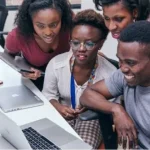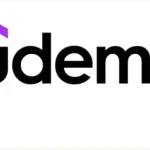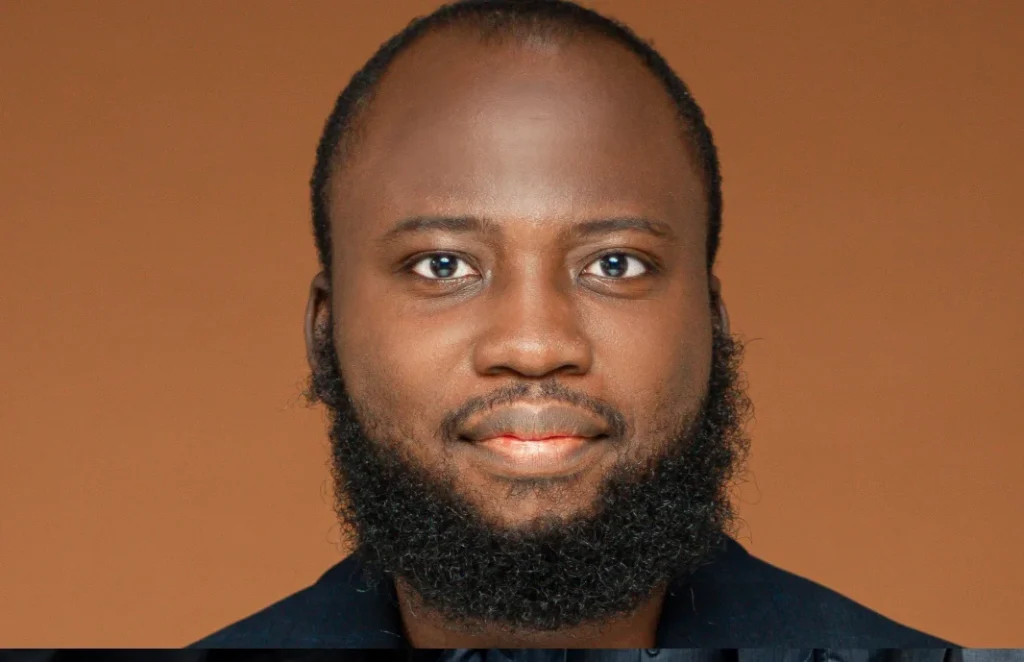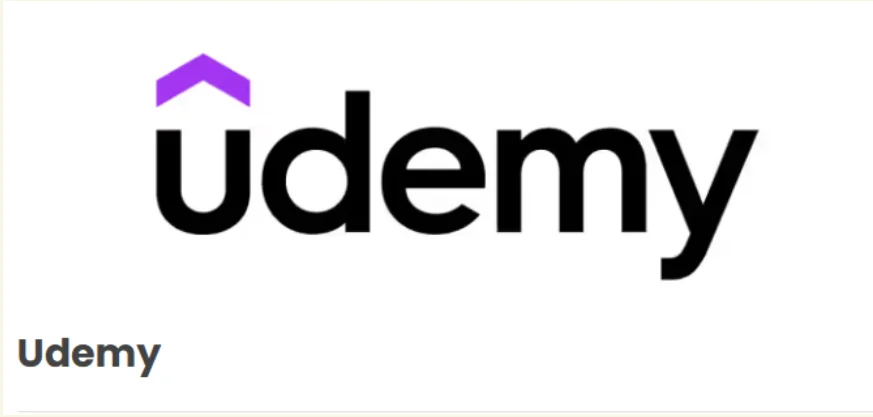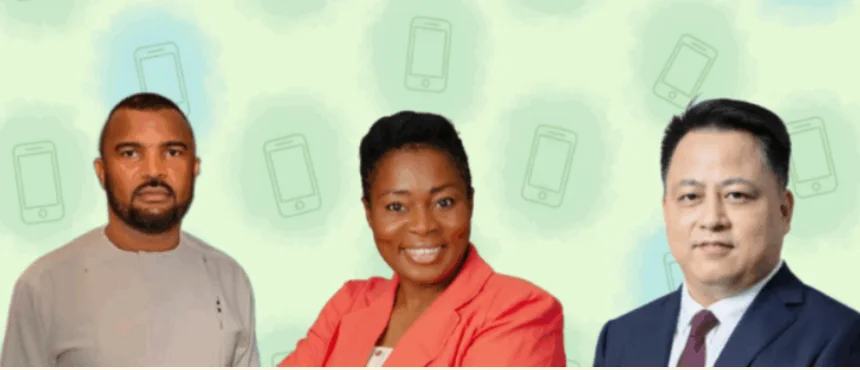Abdul Bature, the co-founder and CEO of Schoola, an educational technology (EdTech) startup, is committed to transforming education in Africa through innovation and technology. Driven by his belief that children deserve quality education, Abdul is effecting this change with Schoola and transforming learning one classroom at a time.
“As a native and resident of northern Nigeria, I have witnessed firsthand the academic struggles faced by students in my region and across sub-Saharan Africa”, Abdul Bature, CEO and co-founder of Schoola describes the root of his passion.
Abdul grew up in Northern Nigeria and attended the police training school in Jos, followed by enrollment at the Federal Government College (FGC) in Keffi. Unlike most children his age, he had a passion for reading and would devour any book that came his way.
As a teenager, he had a conversation with his uncle that inspired him to pursue a medical career, driven by his ambition to save lives. However, after gaining admission to Ahmadu Bello University to study medicine, Abdul faced a setback when he failed an important exam. Unable to retake the exam, he was forced to leave the medical program.
This turn of events, although initially devastating, ultimately became a blessing in disguise; he switched his studies to computer science, where he would eventually meet Nasiru Mustapha, one of his co-founders.
“A few years later, after several frustrating experiences with the K-12 education system, I pitched Nasir my idea for Shoola. Having also faced challenges in education, he keyed into the vision. Bringing his strong technical skills and experience building apps, he came on board to develop the first version of Schoola”, he explained.
Together, their shared passion for technology and education sowed the seeds that would eventually grow into Schoola.
Career Path: Microsoft IT Academy and Beyond
After graduating from the university, Abdul’s journey took a significant turn when he worked at the Intercontinental School in Kano. In his role as a Microsoft IT Academy program administrator, he was tasked with the responsibility of integrating technology into the learning experience and developing the school’s website and other digital platforms to enhance education.
This experience exposed him to systemic challenges in Nigeria’s education sector, especially concerning student performance outcomes. Despite their potential, students were consistently failing to attain the desired academic heights and were unable to attain the expected standards.
“While I worked as a Microsoft IT Academy program administrator at Intercontinental School in Kano, I was in charge of making recommendations and decisions about technological integrations into the school system”, Abdul Bature said.
As he interacted with both students and teachers, he discovered the root causes of underperformance. These include the absence of thorough and personalised feedback for students following assignments and a shortage of essential teaching resources for educators, among other pressing concerns.
The Birth of Schoola
Abdul’s solution, which had been brewing in his mind for a long time, was to change how schools assess students using technology. He believed that students could improve their performances by taking online assignments every week in different subjects. This will come with answers to help them study.
But, he was ahead of his time. Access to the internet and the rate of access to compatible gadgets was significantly low for his target market, back in 2013. So, was significantly low.
He saw another opportunity to try again in 2020 during the COVID-19 lockdown. With students turning to makeshift remote learning via WhatsApp, Google Classroom, and radio, schools faced the challenge of teaching remotely.
They incorporated a gaming feature that gave users points for correct answers and deducted for incorrect ones. They also added features like duels and tournaments to engage students in a competitive and enjoyable learning experience.
The first rollout was done to schools in Kano and Kaduna states, His team integrated their technology into the schools’ existing systems.
The positive feedback opened a floodgate as over 20 schools adopted the solution during the COVID-19 lockdown.
As the world moved past lockdown in 2021, schools continued to embrace an innovative approach to learning. In response, Schoola became a comprehensive learning management system (LMS) that continues to evolve today.
“With Schoola, we helped schools configure their classes, practice questions, subjects, subject teachers, class teachers, etc. Our technology automatically creates students’ and parents’ accounts where phone numbers are added. That way, parents can monitor whatever the child is doing, get reports from school, and even practice data”, Abdul said.
So far, so good
So far, Schoola has made significant efforts to achieve its goals.
The platform offers a wide range of benefits, from interactive lesson creation for teachers to personalised learning and assessment resources for students, making learning more engaging and accessible. Students who once struggled with their schoolwork are now thriving, thanks to the platform.
Schoola’s innovative approach has positioned them as a prominent player within the education technology sector, onboarding 110 schools across six states (Lagos, Abuja, Kaduna, Kano, Adamawa, and Nassarawa).




